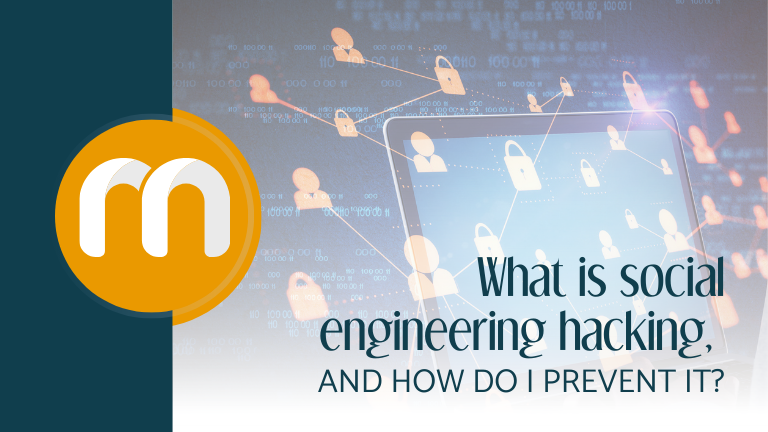What is social engineering?
Social engineering is a form of manipulation that exploits human psychology, rather than technical hacking techniques, to gain access to buildings, systems, or data. Essentially, it involves tricking people into breaking normal security procedures. A social engineer might masquerade as a trusted employee, manipulate someone into sharing passwords, or impersonate IT support to gain unauthorized access to systems. This method relies on human error, rather than vulnerabilities in software and operating systems. By exploiting the natural human tendency to trust, social engineers penetrate the security measures that protect critical information and infrastructure.
The effectiveness of social engineering is rooted in its manipulation of commonplace human behaviors and social interactions. Social engineers leverage tactics such as pretexting (creating a fabricated scenario to engage a targeted victim), phishing (sending emails that appear to be from reputable sources to extract sensitive information), and baiting (offering something enticing to compromise security). These techniques can be alarmingly effective because they exploit the innate desire to be helpful, the tendency to avoid confrontation, and the automatic respect for perceived authority. The human factor, often considered the weakest link in the security chain, becomes the focus of attack, making social engineering a significant threat to both individual and organizational security.
Many of the largest data breaches in history originated with one employee disclosing a password, a key piece of information, or granting access to physical hardware.
Discuss with your employees the psychology behind these tactics and the methods of manipulation. Teach your staff to better prepare themselves against the subtle but dangerous attacks that social engineers deploy.
What do I tell my employees to keep my business safe?
Preventing social engineering hacks is crucial, and educating employees on the following points can significantly bolster your organization’s defenses:
- Be Skeptical of Unsolicited Communications: Teach employees to question unexpected emails, phone calls, or messages, especially those requesting urgent action or sensitive information.
- Verify Identities: Encourage employees to verify the identity of individuals requesting information, especially through communication channels that are outside of normal procedures. Use known contact methods to confirm requests, rather than those provided in the suspicious communication.
- Protect Sensitive Information: Stress the importance of not sharing personal or company information, such as passwords, ID numbers, or security details, without clear authorization and a verified need.
- Be Cautious with Links and Attachments: Warn employees against clicking on links or opening attachments in unsolicited emails or messages. These could be attempts to install malware or steal credentials.
- Use Strong, Unique Passwords: Ensure that all employees use strong, unique passwords for different accounts, and consider implementing multi-factor authentication for an added layer of security.
- Educate on Impersonation Tactics: Inform employees about common tactics, such as pretexting, phishing, or baiting. Regular training sessions can help keep this knowledge fresh.
- Encourage a Questioning Attitude: Promote a culture where employees feel comfortable reporting suspicious behavior or communications. A good security policy should empower employees to ask questions and seek verification without fear of repercussions.
- Keep Software Updated: Make sure that all systems and software are kept up-to-date with the latest security patches and updates. Many social engineering attacks exploit known vulnerabilities that have already been patched.
- Conduct Regular Training: Organize regular training sessions and simulations of phishing attacks to educate employees about social engineering tactics and to test their awareness.
- Secure Physical Access: Ensure that physical access to sensitive areas is controlled and that employees are aware of tactics like tailgating or impersonating maintenance staff.
By focusing on these areas, you can significantly reduce the risk of social engineering attacks in your organization.

